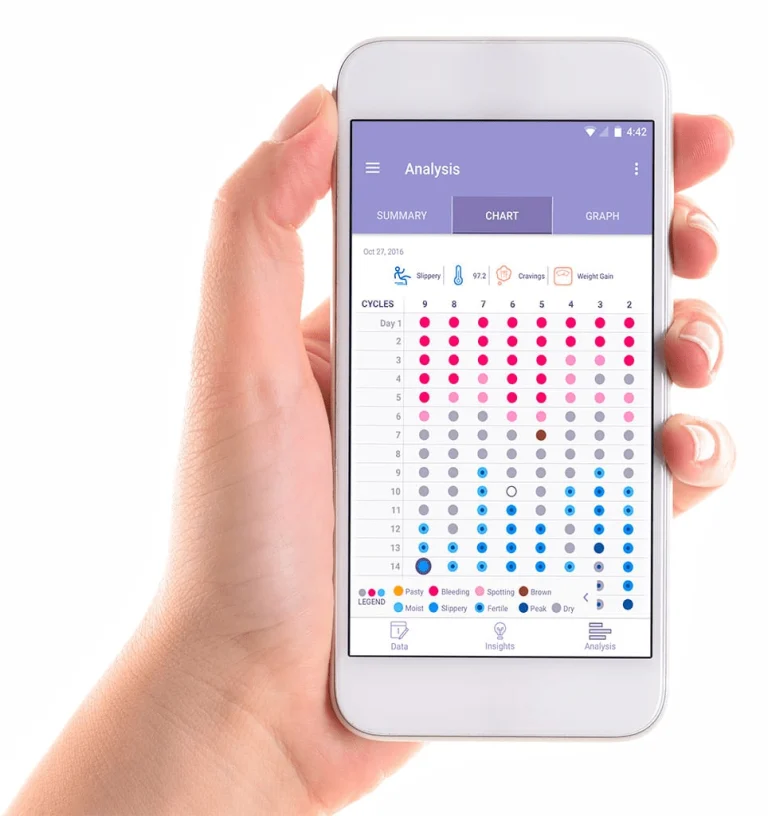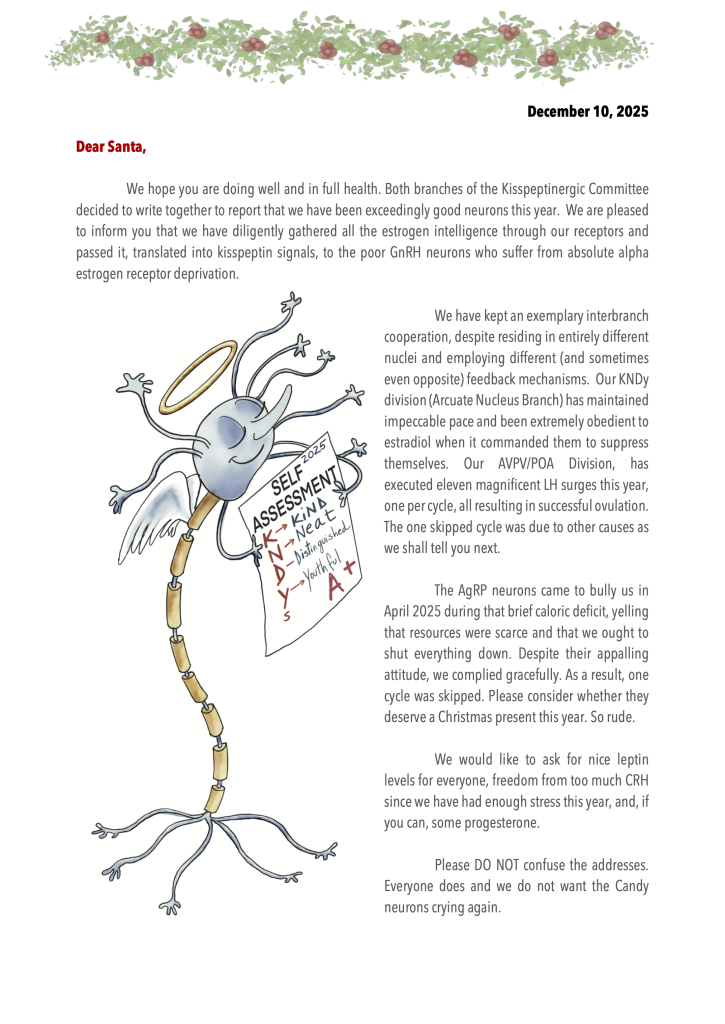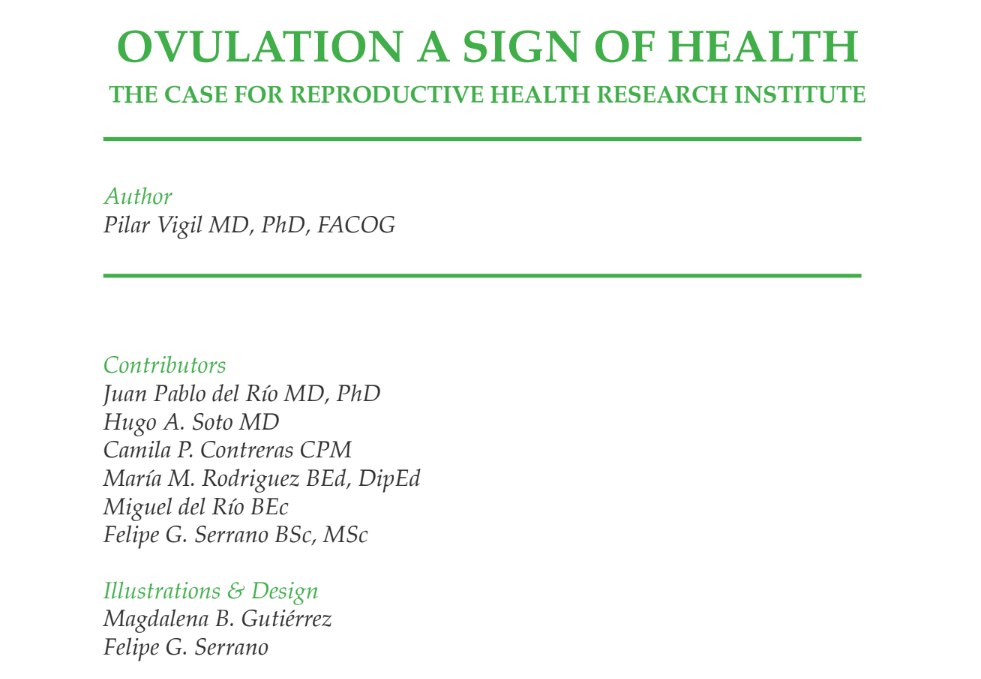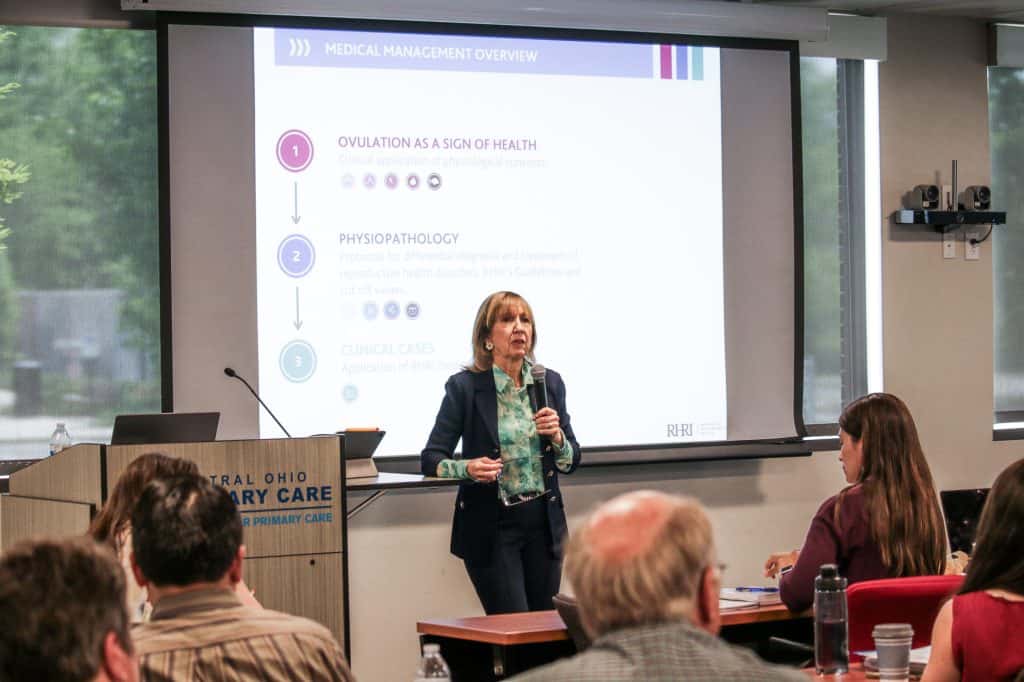The Best Pregnancy App Ever!
My journey with FEMM started in 2016, two years before I got married. At that time, I was just curious and wanted to track my health. I loved the fact that the FEMM app was reliable and had a lot of user-friendly features.
After I got married, it took about eight months to conceive my first child. I was on track with the app and everything seemed relatively normal. But then, one year after my first child was born, the app kept flagging my luteal phase as short. I knew that was a red flag. Sure enough, when I got pregnant about thirteen months later, I lost the baby at seven weeks.
The best pregnancy app is not going to make you completely dependent on others.
A Great Pregnancy App will Empower You
After that loss, it seemed like my whole system went haywire. I noticed there were no more obvious signs of ovulation, and I had all sorts of uncomfortable symptoms around the time ovulation should have come. I was able to put all this together on my own because of the FEMM app.
After about a year of not being able to conceive and not experiencing obvious signs of ovulation, I reached out to Dr. Nkechi, who is a FEMM doctor and educator. After listening to me explain my symptoms and studying my data, she confirmed my suspicions and referred me for some tests. The tests revealed that I had an elevated prolactin level. Dr. Nkechi explained that this could have resulted in the progesterone deficit that caused the pregnancy loss the year before and my lack of ovulation.
Find a FEMM provider near you.
I call FEMM’s app the best pregnancy app because it’s not just about getting pregnant or avoiding it, it’s about understanding your overall health.
The App Pointed the Way to the Root Cause
She went on to prescribe a medication to bring down my prolactin levels. I was supposed to take it every week for four months and then get re-evaluated. I only got through to the second week and then . . . another baby was on the way. Dr. Nkechi quickly referred me to a doctor who could monitor my progesterone levels because they turned out to be low. I was placed on progesterone shots until about six months because of the dwindling levels.
As I write this, I am about seven months pregnant with baby number three . . . my progesterone is at optimal levels within the first trimester.
FEMM has taught me to understand my body so much that I can already tell something is off even before I get confirmation from a doctor. I would never have been able to do this without my experience with FEMM. I preach FEMM to my friends and family and will continue to do so.







